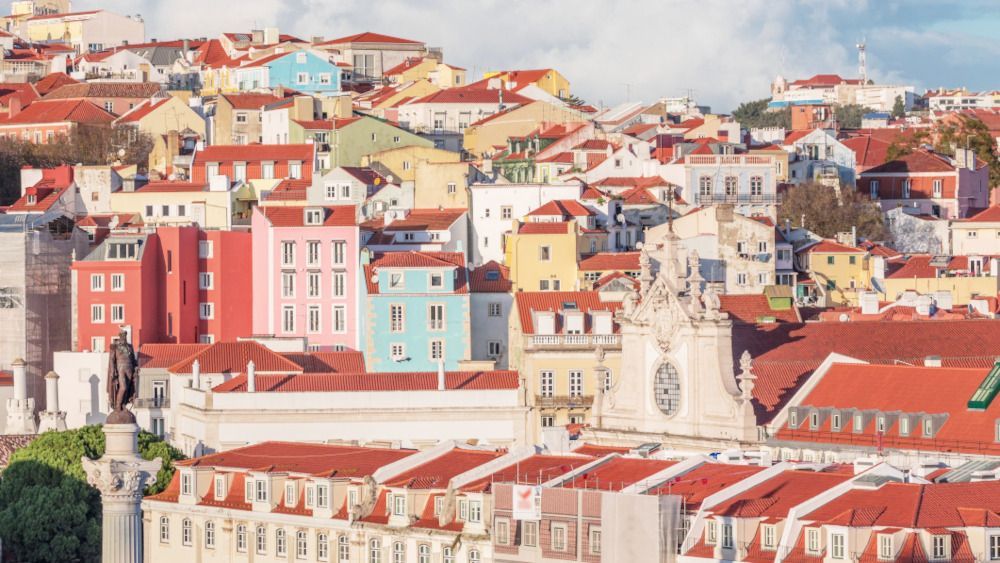650 years of the Portuguese-British Alliance
The 650th anniversary of the Portuguese-British Alliance was solemnly celebrated this Thursday in London. The President of the Portuguese Republic and King Charles III attended a religious ceremony with military pomp and great symbolism.
Received by the British monarch at Buckingham Palace, Marcelo Rebelo de Sousa decorated his host with the Grand Cordon of the Order of the Tower and Sword of Valor, Loyalty and Merit. The same decoration had been awarded 30 years earlier to Queen Elizabeth II, the mother and predecessor of the head of state of the United Kingdom.
At the official residence of Charles III, both the King and the President reviewed a military Guard of Honour. The Portuguese side was composed of a platoon with 18 soldiers from the three branches, an army officer as national standard-bearer and a navy officer as force commander. The British force, of identical size, included a platoon from the Nijmegen company of the Grenadier Guards. The national anthems were performed by the Welsh Guards Military Band.
The Anglican Thanksgiving service took place in the Queen's Chapel in Saint James's Palace, once frequented by Queen Catherine of Bragança, married to the English King Charles II, who attended Catholic celebrations there when the country had already become Protestant. Her coat of arms, united with that of Charles II in carved woodwork, remains prominently above the altar and in the gallery, representing the close ties between the British royal family and Portugal.
The ceremony included readings in English and Portuguese and music by authors from both countries, with pieces by William Byrd, Thomas Tomkins, Vicente Lusitano, Diogo Dias Melgás and Manuel Rodrigues Coelho. Vocal compositions were performed by the choirs of Queen's College, Oxford University and the Chapel Royal.
This event was the culmination of the Portugal-UK 650 programme of activities, an unofficial, non-profit initiative to celebrate 650 years of the Portuguese-British Alliance, sponsored by the two heads of state.
Upon leaving, the King and the President observed the original of the Treaty of London of 1373, usually kept in the British National Archive.
The Treaty of Peace, Friendship and Alliance, signed on 16 June 1373, by Edward III of England and King Ferdinand I of Portugal formalised the rapprochement between the two countries brought about by the Treaty of Tagilde, which had been concluded between King Ferdinand I and the emissaries of the Duke of Lancaster, John of Gaunt, son of Edward III.
In addition to a declaration of "true, faithful, constant, mutual and perpetual friendship", the text states that neither party shall befriend or favour and aid enemies or rivals and must assist allies if any of the territories of either king were invaded. The alliance was renewed in the Treaty of Windsor of 1386 and by others over the centuries.
This Sunday, the celebration continues in Lisbon, with a joint performance by the illustrious Red Arrows, from the United Kingdom, and the Portuguese Air Force. The Portuguese Red Arrows and F16 will cross in formation the Tagus River, Avenida da Liberdade and Parque Eduardo VII, to illustrate the bilateral relationship between Portugal and the United Kingdom on this 650th anniversary of the Portuguese-British Alliance.
Source: Lusa, Expresso and Público




